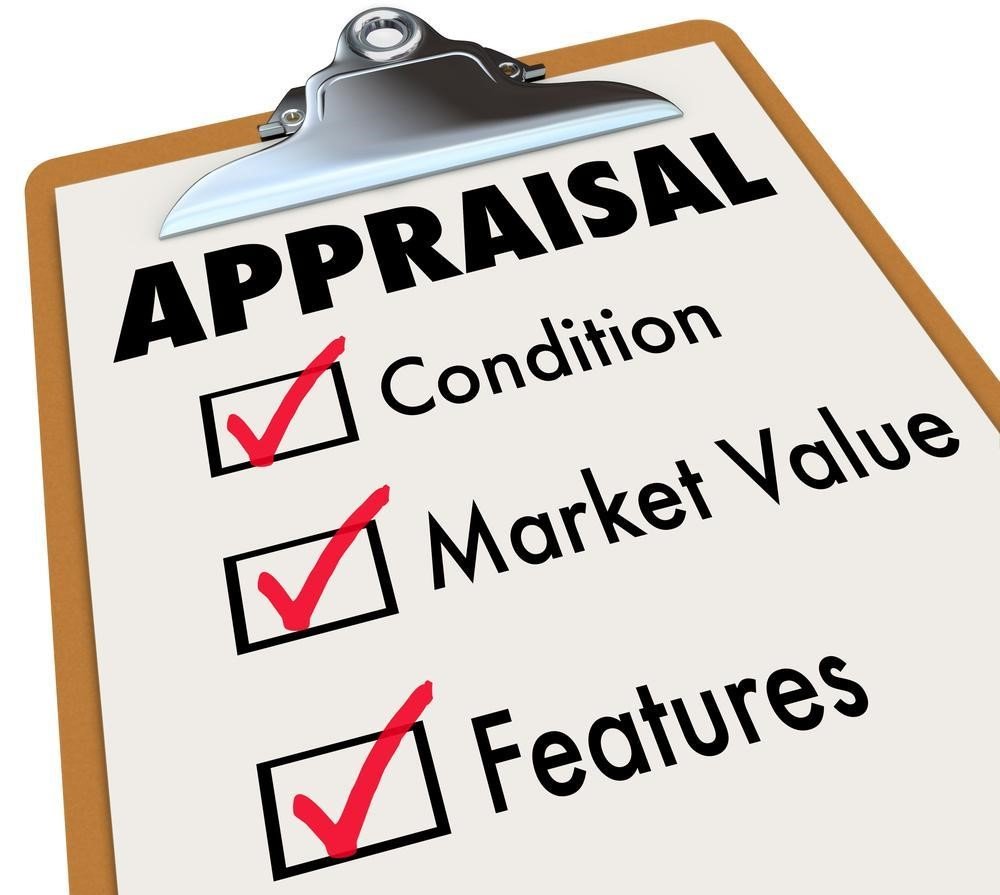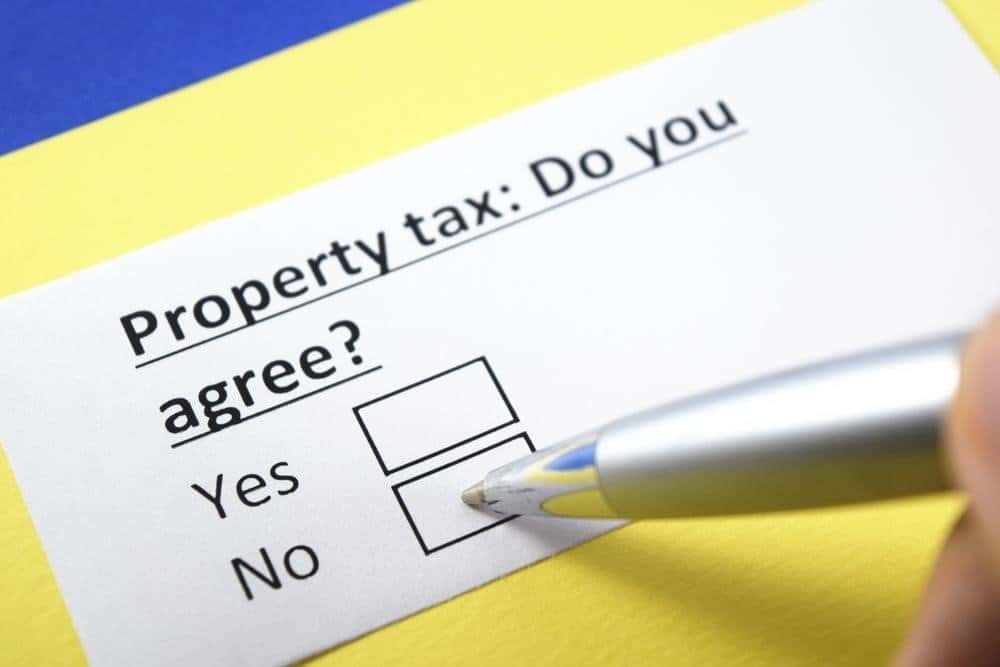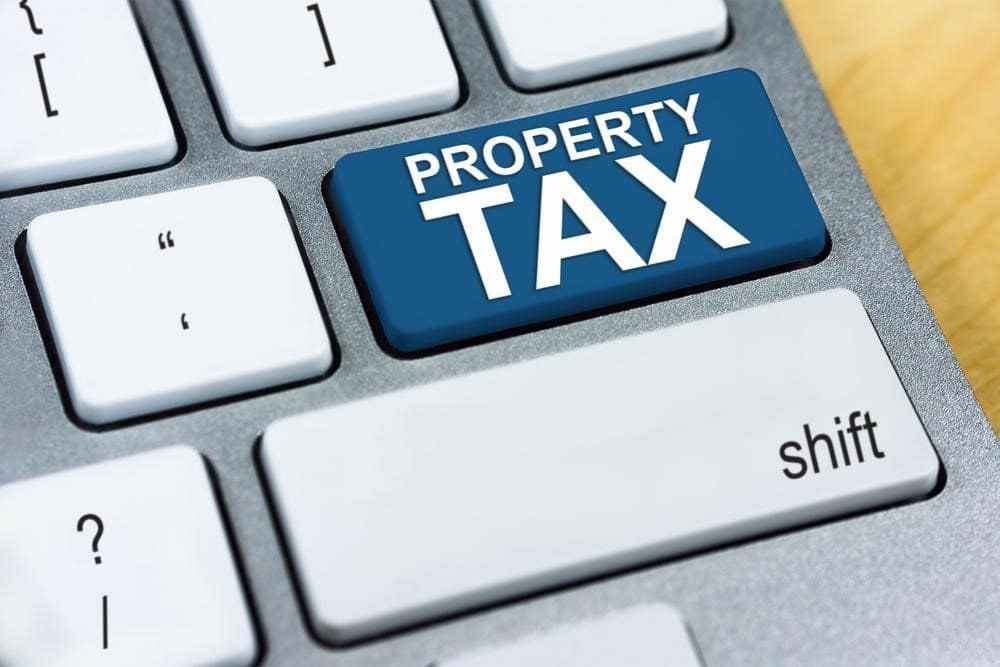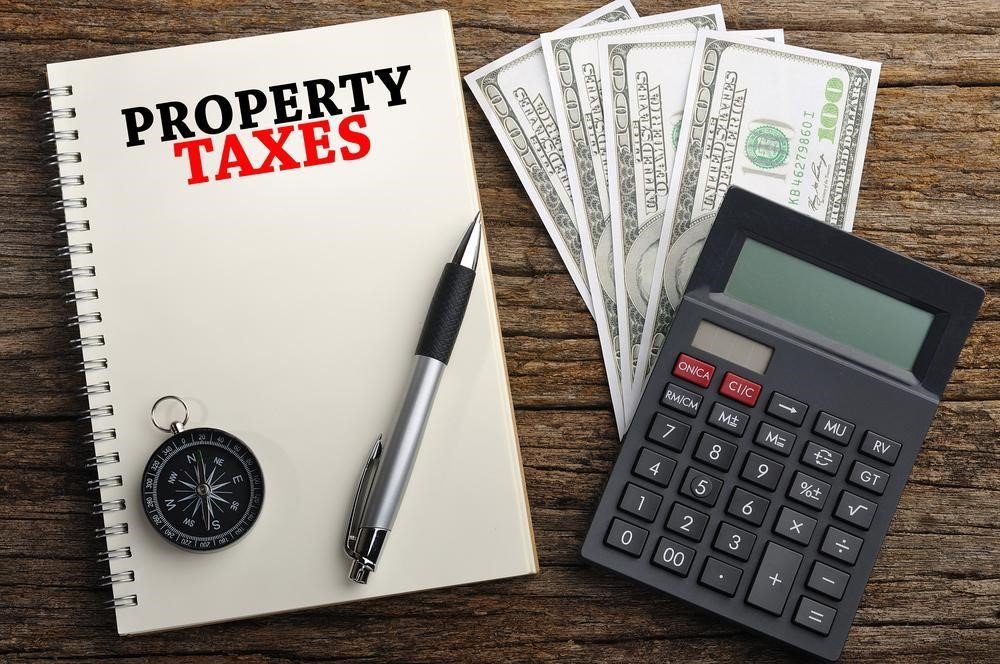What Information Do You Need To Know About Tax Grievance?
- What a tax grievance is
- How property taxes are assessed
- How to qualify for a tax grievance
- Do you need a professional to grieve your taxes?
What is a tax grievance?
A tax grievance occurs when the property owner feels they are overpaying on their property tax, or that the value of their home is less than the town has assessed. Information is then collected to determine whether or not a tax grievance can be filed. The tax grievance service then does its own assessment of the property. If it is determined that the property has been over-assessed by the town, or its taxes are higher than they should be, a tax grievance company can begin the tax reduction process.
If the tax grievance company cannot determine that the property has been over-assessed, the property owner will receive a letter stating that there is not a viable tax grievance case. In addition, the tax assessment for surrounding homes does not determine the taxes on a particular property. There is a possibility that other homes in the neighborhood are under-assessed and cannot be used as a baseline for comparison.
Property tax reduction can be done for both commercial and personal properties. If a tax has been imposed on a property within a town’s jurisdiction, and if someone is paying those taxes, a grievance can be filed. A tax grievance company works closely with residents to get them the lowest tax reduction possible, regardless of whether it is a commercial or personal property.
Interested in filing a property tax grievance in Suffolk or Nassau county? Keep reading to find out everything you need to know about finding a tax reduction consultant and filing a tax grievance on Long Island!
How Property Taxes Are Assessed
Every town places a value on each piece of property, including the surrounding land, and the property owner is required to pay taxes based on the assessment. These taxes are used to fund local establishments, such as schools, law enforcement services, and water and sewage services. The taxes paid essentially help the town/county maintain itself, funding jobs that are not otherwise paid for but are a necessity for the area.
Per the assessed value, the property owner pays the particular amount that the town prompts them to. At times, property owners feel that their property taxes are above average and are interested in taking action to decrease their payments. Property tax reduction can be attempted only after a tax grievance has been filed.
How Filing a Tax Grievance Affects Property Taxes and Other Programs
Many property owners are concerned that filing for a property tax refund will affect not only their taxes directly but also programs associated with their taxes. Fortunately, property tax exemptions will not change after a grievance is filed. Increasing taxes on a property due to filing a tax grievance is illegal. Tax consultants assess the property before filing a grievance petition with the town, and if there is not an adequate difference in the assessments, no petition will be filed.
Additionally, filing for a tax grievance will not affect STAR or VA programs. Filing for a property tax reduction helps you save money, cannot increase your tax payments or alters current programs you are associated with. Since the tax reduction consultants perform the assessment based on the town’s public information, no officials will be visiting your home for any reason. Everything is assessed based on public information so it will come at no surprise to the officials who assess the town’s properties.
How To Qualify and How Often You Can File
Once you have contacted a tax reduction service, an assessment will be done on your property. This information will be cross-referenced with the public records that the town has on file. If it is determined, by the tax reduction service, that the property is over-assessed, you qualify to file a tax reduction petition.
Fortunately, if your petition is denied by the town, you can file a new petition every year. Since the value of your home relies on the constantly fluctuating real estate market, there is always an opportunity to file for a tax grievance in every new year.
The Process of Filing For a Tax Grievance
In Suffolk County:
Step 1: File your tax grievance petition with your local BAR (Board of Assessment Review) by the filing deadline
Step 2: It is common at this point to receive a denial 2-3 months after filing
Step 3: After you have received your denial, you can file an appeal in the NYS Supreme Court, SCAR division within a 30-day time frame
Step 4: After filing with the SCAR division, you have only 10 days to serve a copy of your appeal/SCAR petition to your local Treasurer, Town Assessor, Town Clerk, and school district
Step 5: Wait 6-18 months for your court date
Step 6: At this point, you will be presenting your tax grievance case in court
If you are filing your petition solely by yourself, without a tax grievance specialist, you are responsible for presenting your case against the experienced town assessor.
 In Nassau County:
In Nassau County:
Step 1: File your tax grievance petition with your ARC (Assessment Review Commission) by the filing deadline
Step 2: It is typical to receive a denial 6-12 months later
Step 3: After you have received your denial, you can file an appeal in the NYS Supreme Court, SCAR division within a 30-day time frame
Step 4: After filing with the SCAR division, you have only 10 days to serve a copy of your appeal/SCAR petition to your local Treasurer, Town Assessor, Town Clerk, and school district.
Step 5: Wait 4-6 months for your court date
Step 6: At this point, you will be presenting your tax grievance case in court
Once again, if you are filing your petition without a tax grievance specialist, you are responsible for presenting your case against the town assessor, they’ll handle the entire process for you.
Note that Suffolk Counties filing date is always the third Tuesday in May, with the next deadline being May 21, 2019. The property tax reduction filing deadline for Nassau County is always set at March 1st but this year has been moved to April 30, 2019.
Unfortunately, many property owners miss these deadlines simply due to procrastination. There are many benefits to filing early, including additional time for the tax reduction consultants to thoroughly fight your case. The later you file, the less time they will have to put together a quality petition. File today to prevent missing the deadline for Nassau and Suffolk Counties!
Selling Your Home? Filing A Tax Grievance Can Still Benefit You
Thinking of selling your home within the next couple of years? Not sure why you would want to put the time and effort into filing a tax grievance when you will be moving from the property soon? The answer is simple – lower taxes equals a more marketable property.
“The answer is simple – lower taxes equals a more marketable property.”
When buying a new home, most people take taxes into consideration. If your properties taxes are higher than the properties around it, there is a good chance prospective buyers will overlook your property and attempt to buy a property with lower taxes. On the flip side, competitive taxes in the area will make your home stand out among the other properties in the neighborhood.
Benefits Of Hiring An Experienced Tax Grievance Consultant
Can you file a tax grievance on your own? Simply put – yes, you can. But why would you want to? When it comes to property taxes, there is a lot of legal jargon involved that the average person may not understand. This misunderstanding can lead to incorrectly filing, missing deadlines, and not having the upper hand with local court systems.
While it is very possible to file a tax grievance on your own, it is not recommended. After going through the process of filing for a tax grievance, it is up to the homeowners to provide information to the courts. Under NYS law, the property owners are responsible for providing the burden of proof, while there are professional assessors arguing against your case.
Hiring an experienced tax grievance specialist provides you with the knowledge necessary to win your tax grievance case. Without the training and education of a tax professional, you may not get the outcome you desire. Heller and Associates fight long and hard to get every property owner the tax reduction they desire.
What Are the Fees Involved With Filing a Tax Grievance?
The best part of working with Heller & Consultants Tax Grievance is their no-fee policy – you are only charged a service fee if your taxes are reduced after their efforts. Once your property taxes have been reduced, you will owe 50% of the reduction amount. For example, if Heller & Consultants were able to reduce your taxes by $3,000 per year, your fee would be $1,500 for their services.
Why Heller & Consultants Tax Grievance?
The licensed professionals at Heller & Consultants Tax Grievance serve Suffolk and Nassau counties with an aggressive, ambitious mindset. Their goal is to reduce the client’s property taxes as low as legally possible.
Additionally, they hold the record reductions in both Nassau County of $73,000 a year and Suffolk of over $17,000 a year. With over $30 million saved within the last 10 years, Heller & Consultants Tax Grievance strives every day to provide the best service to Long Island Residents.







